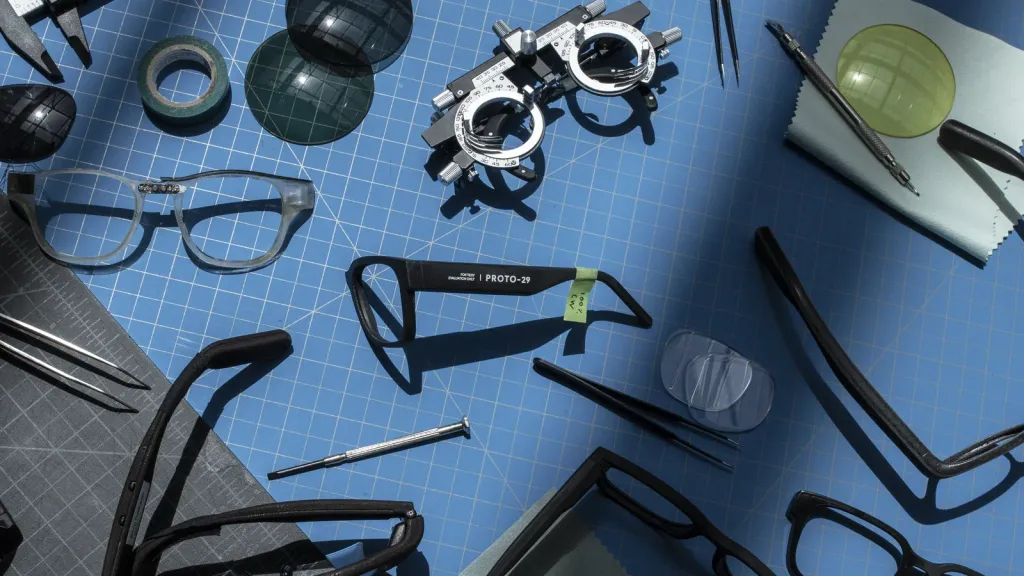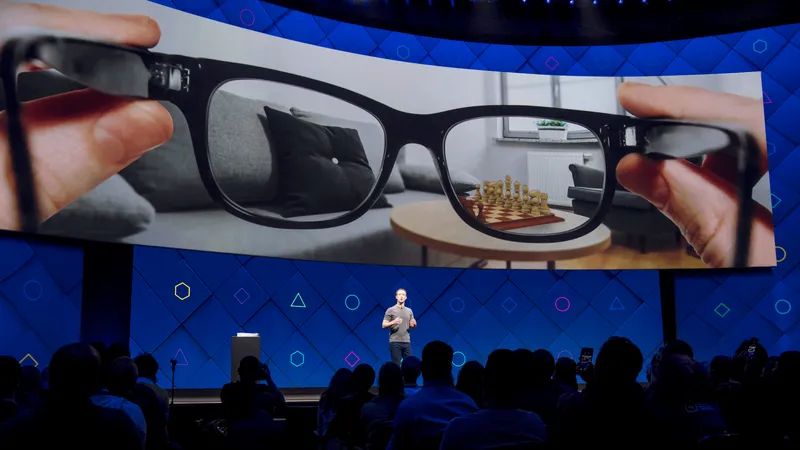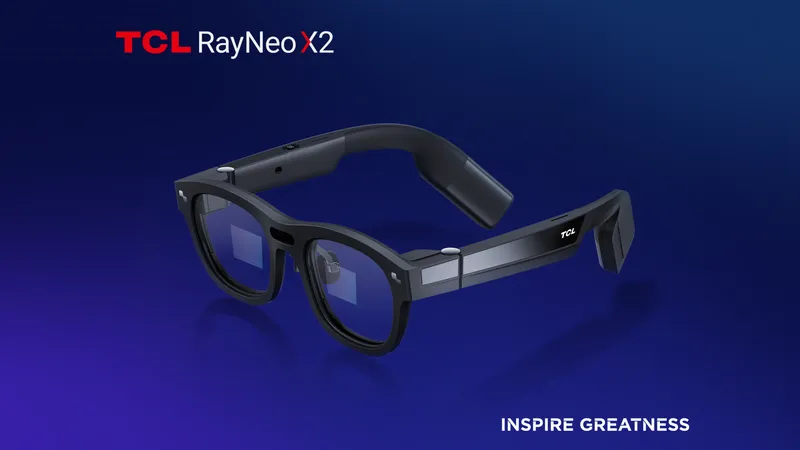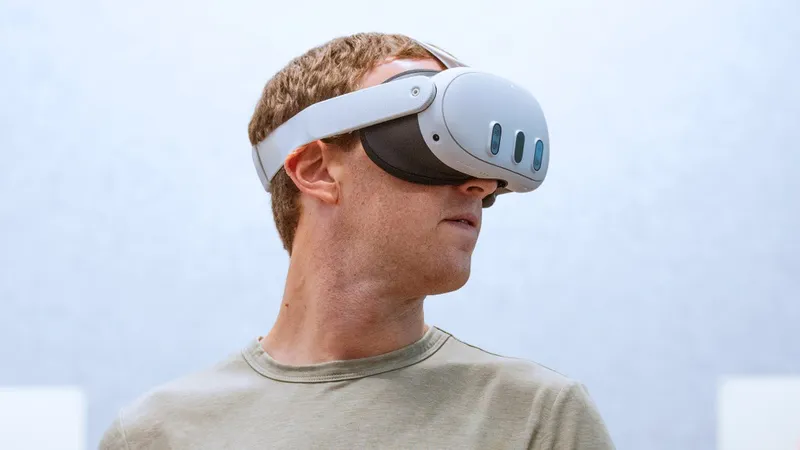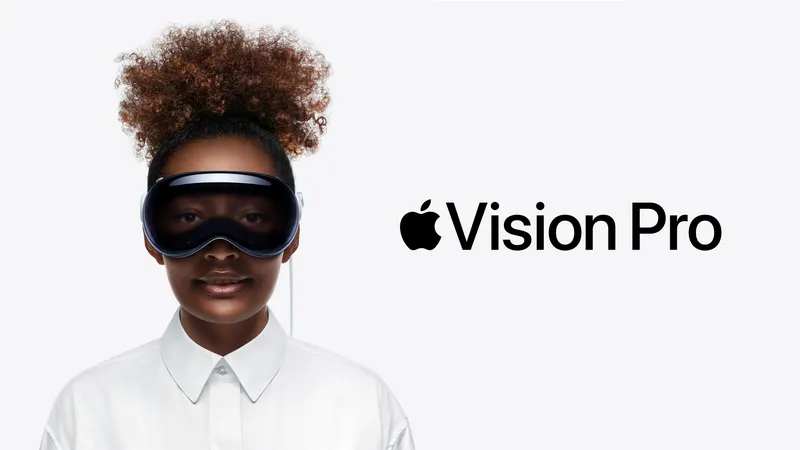Google is eliminating hundreds of roles in its hardware division, mostly from its first-party AR hardware team.
Here's the statement Google provided to news outlet 9to5Google:
"A few hundred roles are being eliminated in [Devices & Services] with the majority of impacts on the 1P AR Hardware team.
While we are making changes to our 1P AR hardware team, Google continues to be deeply committed to other AR initiatives, such as AR experiences in our products, and product partnerships."
Google confirmed the statement to UploadVR, but declined to comment further when asked to specifically confirm this meant the end of its first-party AR glasses.
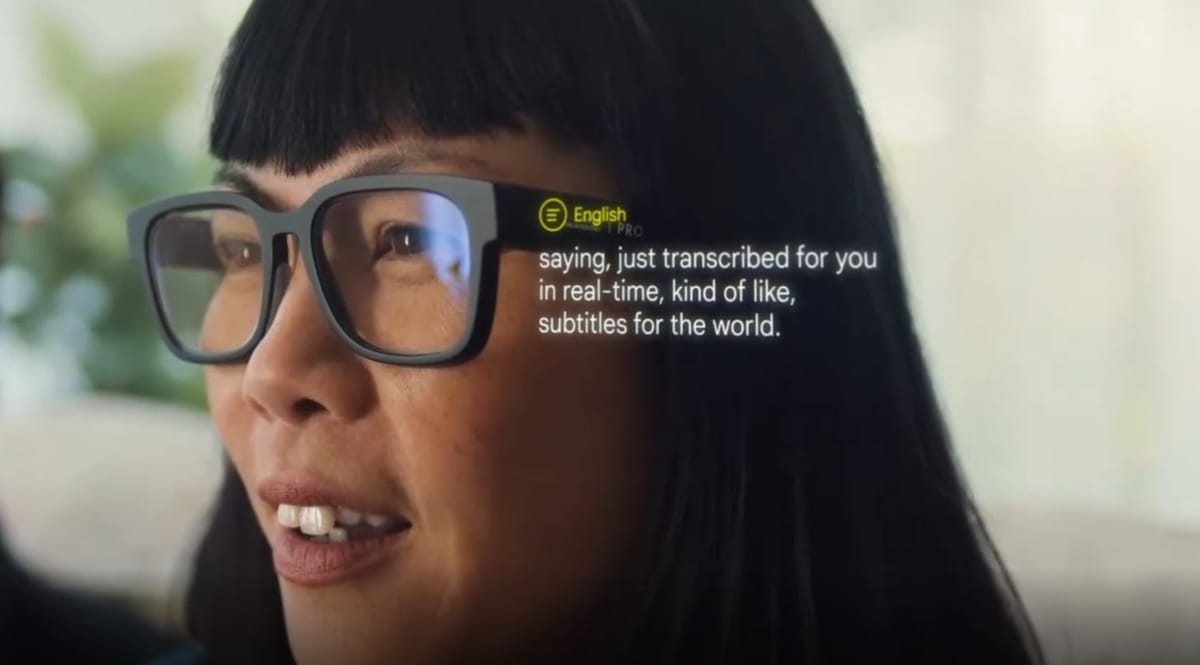
In June last year, Business Insider's Hugh Langley reported that Google killed its smart glasses hardware project.
The report suggested the canceled glasses emerged from Google's 2020 acquisition of North. An early version reportedly "closely resembled" North's product Focals, and the glasses Google publicly showed in 2022 for live translation were apparently a more recent version.
The glasses in that demo didn't appear to have any kind of tracking cameras though, and the “simulated point of view” showed a head-locked overlay. So it's unclear whether Google's canceled glasses were actually full AR, or just smart glasses with a HUD glasses of the kind Meta reportedly plans to ship with Luxottica's Ray-Ban in 2025.
Langley reported that Google shifted its strategy to providing the software platform for other companies' hardware products instead: Android "XR" for headsets and Android "micro XR" for glasses. This would mirror Google's existing primary strategy with smartphones, tablets, smart watches, and laptops.
Google's glasses-based translation showcase from 2022.
Google's statement this week that it eliminated first-party AR hardware roles but "continues to be deeply committed" to AR in "product partnerships" seems to confirm Langley's reporting. While it's possible Google could one day spin up a new AR glasses hardware team, for the foreseeable future expect Google to provide software for other hardware companies, as it's doing with Samsung's XR headset.
Meanwhile, Apple reportedly postponed its full AR glasses “indefinitely” last year, while Meta reportedly plans to ship full AR glasses around 2027, and might produce and publicly demonstrate around 1000 "prohibitively expensive" fully functional prototypes later this year.

